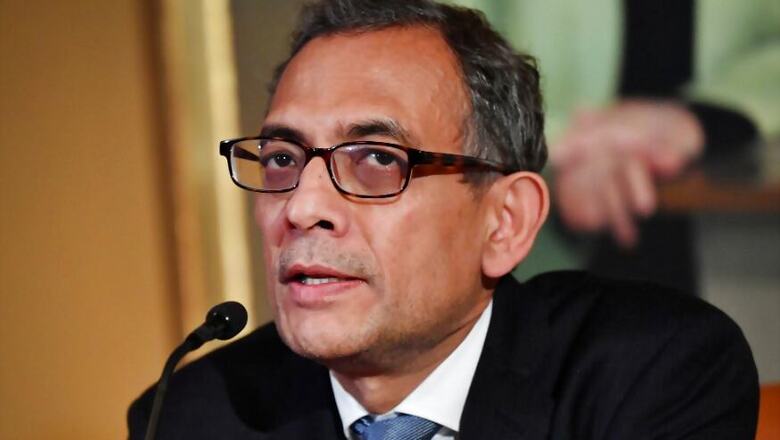
views
“I never compared the Nazis into Communism, but communism was the same thing, the end justifies the means. Whatever the means." - Elie Wiesel, political activist and Holocaust survivor.
The recent horrifying incident in JNU is a despondent story coming from an academic institution in India. It is not the first time that such incidents have taken place at Jawaharlal Nehru University. In the year 2016, inside the same campus, groups of students wearing masks chanted anti-national slogans and committed sedition but still have not been caught.
Series of violence from decades in Jadavpur University and the parts of West Bengal and Kerala is not hidden from anyone. Similarly, the certainty and severity of the Left party-led vehemence and pattern of violence in West Bengal and Kerala is seen and apparent inside the country. Left has a history of being intolerant to another viewpoint and ideology.
There is a common consensus that Left-led JNUSU was preventing common students to register for the winter semester in JNU and then beating those students for not complying the boycott led by the Left-wing. Now the question is how we can allow such acts in the universities and who should run admission process, students or administration?
Abhijit Banerjee, a nobel laureate of Economics, also spoke about this incident and he describes his old days when he faced a similar situation. He expressed his fear that we are moving towards Nazism but by saying that, he is contradicting himself. In 1983, when he was himself involved in a similar movement, the situation was worse but he did not term the same incidents as Nazism or fascism. In 1983, the university was shut down for a fairly long period in the wake of violence and anarchism. The similar kind of attack on faculty and administration is going on for the last three months.
Initially, all students were together on the issue of fee hike but after getting relaxation from the administration and seeing the violent face of the movement, a large section of students have withdrawn themselves. This irritates the JNUSU as this means the issue might be forgotten by the people, which the Left does not want.
In modern history, if anything is close or symmetric to Nazism or fascism, that is communism. But you will find that most of the people either romanticise it or will explore the way to blame it on others. Most of the brutality and mass murders happen in the regime of a Left government. In JNU, Left-led JNUSU is busy creating havoc and anarchism from last 3 months. They have held Dr Vandan Mishara hostage for 36 hours but you will not find a single voice that condemns it. The violence in JNU is condemnable but instead of talking about it and analysing why and how it happened, people are searching for someone to blame.
I will say that people, including Abhijit Banerjee, are trying to normalise the brutality of Nazism by comparing it to JNU incidents. We do not have any incident in our modern history that can be compared to Nazism or fascism. We have only one such incident like that and that was during Emergency. But we are afraid to talk about it as it does not suit our political position. Most of the people know that Left was supporting Emergency imposition.
We should understand that Nazism used extreme brutality to get political power — we have regimes of Stalin and Mao who have practised this sort of violence and force for power. By comparing each incident to Nazism and fascism, we are only showing that we do not have enough information about Nazism.
We need to understand the genesis of Left ideology. The Left ideology from its origin is reactionary and came into existence as reaction to capitalism. It does not talk about replacing capitalism in a non-violent way but it is more concerned about throwing away. The basic foundation of the Left is violence, that’s why we saw where Left goes, it leaves the footprint of violence.
We will hear from Abhijit Banerjee on the issue of economics but when he comments on campus or politics, we will counter him on his ideological and political position. In India, we have the tradition to argue with everyone and we follow the same tradition.
Our academicians should be honest about their ideological affiliations and should express them openly. But it usually does not happen. We should know that Abhijit Banerjee subscribes to some ideological and political thought and he has all the rights in a democratic country, but his political or ideological thoughts should not be expressed in the name of his economic accomplishment. His point of view can hold weight on economic issues, but on issues like politics and society it should not be considered as the final word.
We need more honest voices who can talk honestly about their ideology.
(The author is director of Center of Policy Research and Governance)
















Comments
0 comment